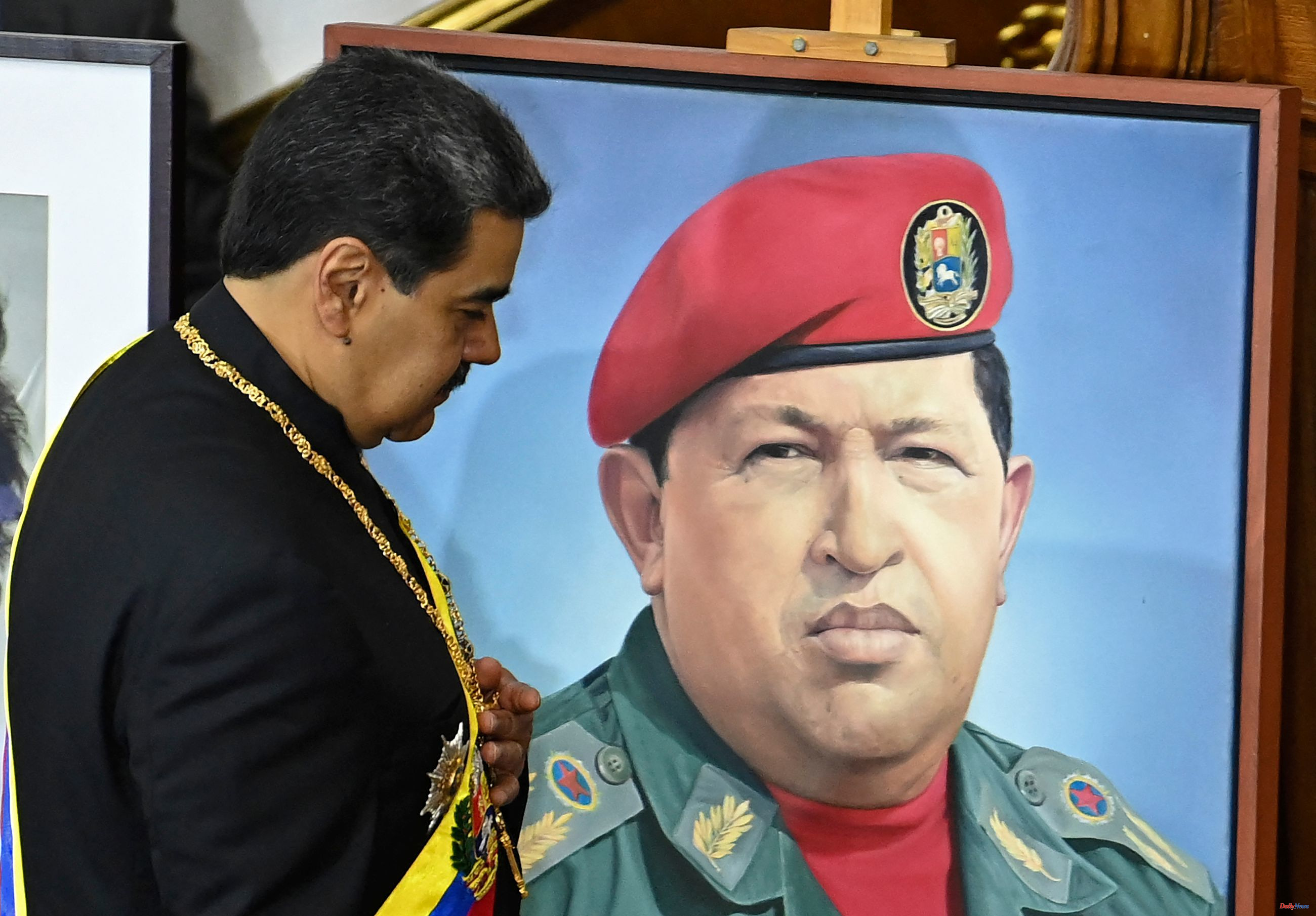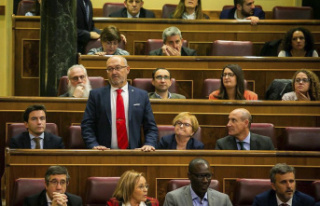"Ten years later we can tell you that here we are whole, standing, victorious and ready to continue the battle in the remainder of the 21st century," Nicolás Maduro stressed after rejecting the extension of the US decree declaring Chavista Venezuela a "threat unusual and extraordinary." The counterattack by the "people's president" was carried out on the eve of the revolution commemorating the tenth anniversary of the "sowing" (death) of Hugo Chávez on Sunday.
Added to the annual extension of the decree launched by Barack Obama in 2015 was the forceful report delivered by the Biden administration to Congress, in which it concluded that the Maduro regime is increasingly dependent on drug trafficking to stay in power.
The White House maintains that Venezuela has become a country that produces illicit drugs and not just a transit country. Since last year, the Colombian guerrillas of the People's Liberation Army (ELN) and Segunda Marquetalia (FARC dissidents), iron allies of the Bolivarian revolution, have been fighting open fire with the Tenth Front, which were also part of the FARC. , for control of the great corridor of drug trafficking that has the US and Europe as its final destination.
"Imperialism underestimated us, they underestimated the leadership of the revolution. Ten years ago they underestimated the people, they underestimated me and ten years later here we are," Maduro boasted during his visit to the basic industries of Guayana, in the southeast of the oil country .
According to the statement made public by the Chavista Foreign Ministry, the White House reveals "once again its authoritarian, cruel, and lying character, its disrespect for the sovereignty and self-determination of peoples, and its essentially colonialist condition."
The new broadsides from Washington call into question the "thaw" that began last year after the Russian invasion of Ukraine. The negotiations in Mexico between the government and the opposition are paralyzed and the return of the multinational Chevrón to improve oil production has not just started either. From Caracas it has been denounced that the US has not released the 3,000 million dollars to improve public services, which are part of the social agreement reached in the Aztec capital. And from Washington no step forward is perceived to achieve free and fair elections. Nor in terms of human rights, despite the exchanges of prisoners carried out last year.
Meanwhile, the "architect of peace" (one of the names used by Bolivarian propaganda to exalt the figure of Maduro) received this week at the Miraflores Palace Nikolai Patrushev, secretary of the Russian Security Council, one of the hawks of his ally Vladimir Putin, at the start of his tour to counter the calls for Latin America by Ukrainian President Volodimir Zelenski.
The next few months are essential for Maduro in his attempt to launder money, in addition to the fact that he is also seeking to attract more funds from the oil industry to face next year's electoral campaign.
"The best scenario is to break the vicious circle and restore a negotiation environment that opens spaces to obtain partial political and economic flexibility. The worst scenario is to return to all or nothing. And it seems that we are there," warned Luis Vicente León, president of Dataanalysis.
According to the criteria of The Trust Project












